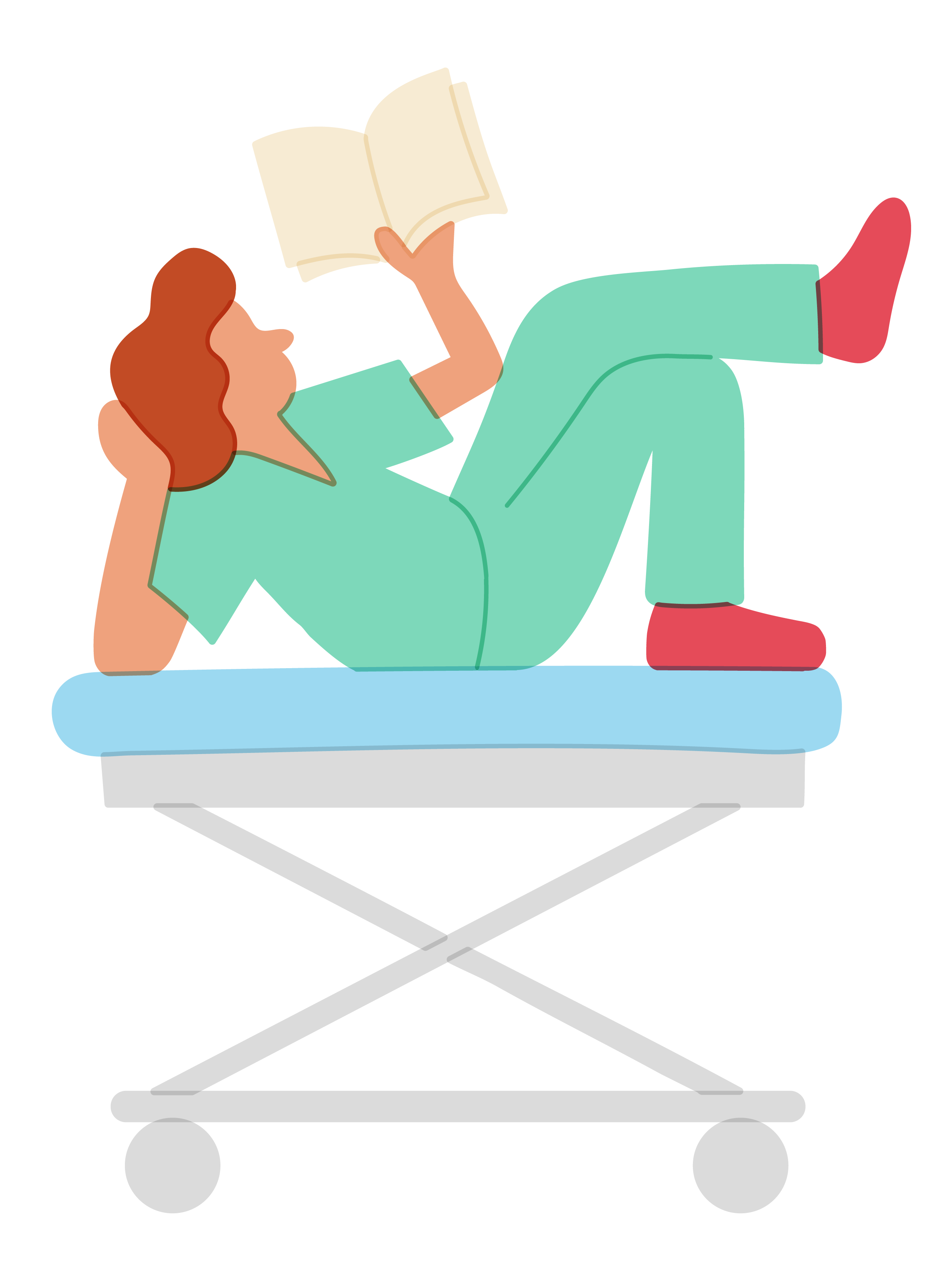-Apr-12-2021-06-15-01-52-PM.png?width=1080&name=Title_%20How%20to%20Study%20Efficiently%20for%20Hours%20On%20End%20(With%20the%20Help%20of%20a%20Tomato)-Apr-12-2021-06-15-01-52-PM.png) I’ve always been someone who gets caught between cycles of procrastination and wild activity when a deadline is impending. The MCAT was no different for me; however, I really made the most out of those two weeks leading up to my exam date. With the right study execution, the final two weeks can be used to sharpen your exam-taking skills, leading to extra points that can’t be gained from studying the science alone.
I’ve always been someone who gets caught between cycles of procrastination and wild activity when a deadline is impending. The MCAT was no different for me; however, I really made the most out of those two weeks leading up to my exam date. With the right study execution, the final two weeks can be used to sharpen your exam-taking skills, leading to extra points that can’t be gained from studying the science alone.
1. Save the AAMC question banks and full-length tests
Save a good chunk of the AAMC practice questions for the final two weeks before your exam. These prep materials are the best representation of the real test, even down to the formatting. Using them for your final push will get you in the mindset of taking the actual exam, making you more comfortable with the process and preparing you for long hours of staring at the screen without growing fatigued. The question banks can be grouped by subjects to create additional full-length tests beyond the ones provided. In my final two weeks, I took a full-length exam every other day, reviewing in the days in between, so that I could develop the stamina to take such a long exam and so that I could get into the mindset of the exam.
2. Review questions you get wrong, but don’t get bogged down by too much content review
In the last two weeks before the exam, you have theoretically learned all of the actual science content on the exam, either through content review books or from the pre-medical classes you have taken in college. When you review your full-length exams after taking them, spend most of your time noticing patterns in the questions you got wrong. If you missed several questions because you didn’t interpret graphs correctly, spend time figuring out where you went wrong so that you don’t continue making this test-taking mistake. Of course, if you missed a pure content question, you should review the concept, but don’t get too worried about it. You can’t possibly have every scientific detail down 100%, but you can make sure you know how to take the test well and use the information provided to pick good answers.
3. Practice like you perform
While I was taking the full-length exams and my Frankenstein full-lengths, I pretended that I was actually taking the MCAT. This meant I stayed true to the break times and took the exam at the time that I would be taking it on the real day. I even practiced eating the lunch and snacks that I ate on the actual exam day, to make sure my food would keep me sufficiently fueled without making me groggy or feel sick. Anything you can do to acclimate yourself to testing circumstances will better prepare you for the real test day!
The road to medical school is long, and the MCAT is one of its most formidable challenges. You will be relieved to know that what you learned in your premedical courses is actually on the test. But studying for the MCAT is more about taking that knowledge stored way back there in the nooks and crannies of your mind, bringing it to the fore, and then learning to twist and stretch it in the ways the MCAT tests. In reality, studying for the MCAT is no more (or less) difficult than spending late hours on a physics problem set or an entire weekend on an organic chemistry lab report. Just like these other tasks, the MCAT requires endurance and follow-through, but it becomes significantly more manageable when you work with a Cambridge Coaching MCAT tutor to apply a structured, systematic, and strategic approach to your studying.
Anyone can study hard - but the real key to MCAT success is learning to study smart. So, while all forms of MCAT preparation require you to crunch a lot of material, we focus on helping you to make strategic choices about your areas of focus at every step of the game. Each Cambridge Coaching tutor is a highly-skilled manager of your personal study process. He or she will do more than just target your weaknesses - your tutor’s goal is to identify the sections where you have the greatest potential for improvement, and teach you to wring every last point from them by creating the roadmap for your studying, and helping you stick to it. Right from the start, your tutor will create a customized syllabus for you, and will then modify that syllabus as needed.



Comments